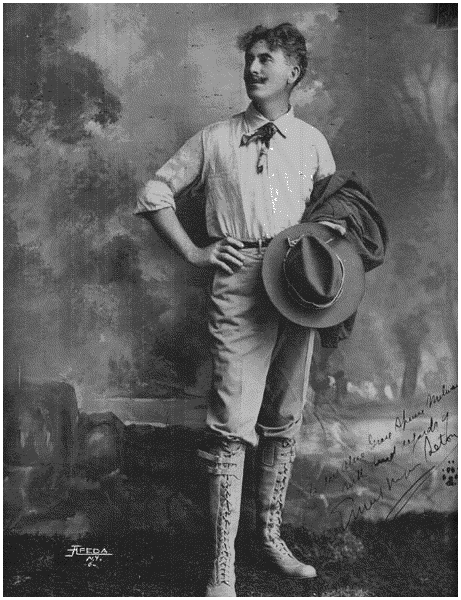Woodcraft Manual
For Boys
For Boys

The sugar he'd stockpiled before the war
made my grandfather enough fortune to send my father to camp
to learn to undress with other boys, paint
his face, count coups, wager scalps,
make his own bed, and manage
his own finances. Basket-weaving, banking, bartering,
the camp was a model of microeconomics,
boys sent home to their dads bronzed and ready
to balance budgets and subcontract work,
even a kid as skinny as my dad trained to swim
in a lake so cold, he'd brag, years later, refreshing his drink,
that it shriveled the scrotum tight as a golf ball.
Nostalgic for the endless intrigues
of knots, the smell of rope always on the fingers,
fishhooks biting into the soft body of mayfly
after mayfly, my father entreated me
to borrow his Collected Ernest Thompson Seton with paw prints
on the covers, the bears apparently having stamped each
volume with their seal of approval,
and though I did love to rub my mother's mascara on me
and wear nothing but my brother's jockstrap
pinned tight and play Indian by myself,
and even though there were no other gifts I knew of
to offer my dad, I still couldn't get interested in books
in which boys managed the unruly workforce
of nature. Nakedness I understood, but not merit badges.
I already suspected that they'd failed my dad.
I remember going to say goodnight to him
and him turning away so I'd get only cheek; tiny, indomitable whiskers,
their fierce determination. It is what I imagined it'd be like
to kiss an Indian warrior: earth
and firewater. I carried to bed the rich malts
of all the scotch my father had drunk that day
so he could sleep that night. I slept
in its pungency, the way another boy, at another time,
might lie down under the heavens
and shut his eyes, knowing that if he opened them
all he'd see would be a darkness someone had loved so much
that he had filled it with stars.
made my grandfather enough fortune to send my father to camp
to learn to undress with other boys, paint
his face, count coups, wager scalps,
make his own bed, and manage
his own finances. Basket-weaving, banking, bartering,
the camp was a model of microeconomics,
boys sent home to their dads bronzed and ready
to balance budgets and subcontract work,
even a kid as skinny as my dad trained to swim
in a lake so cold, he'd brag, years later, refreshing his drink,
that it shriveled the scrotum tight as a golf ball.
Nostalgic for the endless intrigues
of knots, the smell of rope always on the fingers,
fishhooks biting into the soft body of mayfly
after mayfly, my father entreated me
to borrow his Collected Ernest Thompson Seton with paw prints
on the covers, the bears apparently having stamped each
volume with their seal of approval,
and though I did love to rub my mother's mascara on me
and wear nothing but my brother's jockstrap
pinned tight and play Indian by myself,
and even though there were no other gifts I knew of
to offer my dad, I still couldn't get interested in books
in which boys managed the unruly workforce
of nature. Nakedness I understood, but not merit badges.
I already suspected that they'd failed my dad.
I remember going to say goodnight to him
and him turning away so I'd get only cheek; tiny, indomitable whiskers,
their fierce determination. It is what I imagined it'd be like
to kiss an Indian warrior: earth
and firewater. I carried to bed the rich malts
of all the scotch my father had drunk that day
so he could sleep that night. I slept
in its pungency, the way another boy, at another time,
might lie down under the heavens
and shut his eyes, knowing that if he opened them
all he'd see would be a darkness someone had loved so much
that he had filled it with stars.
--- From The Improbable Swervings of Atoms
University of Pittsburgh Press
© 2005 Christopher Bursk
University of Pittsburgh Press
© 2005 Christopher Bursk